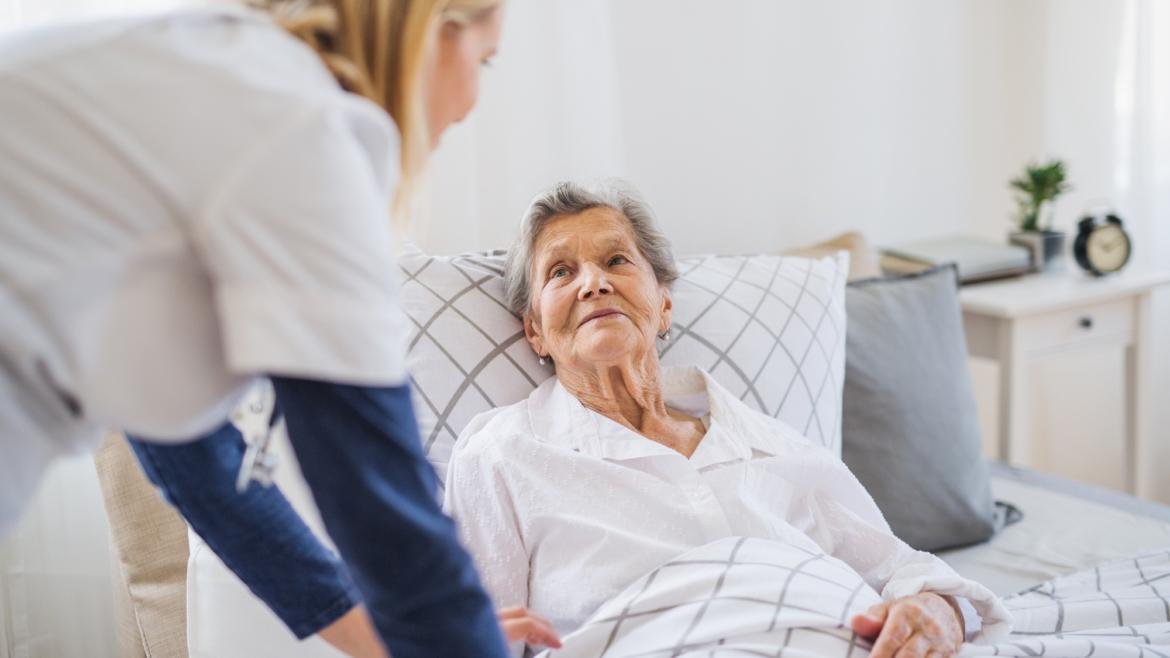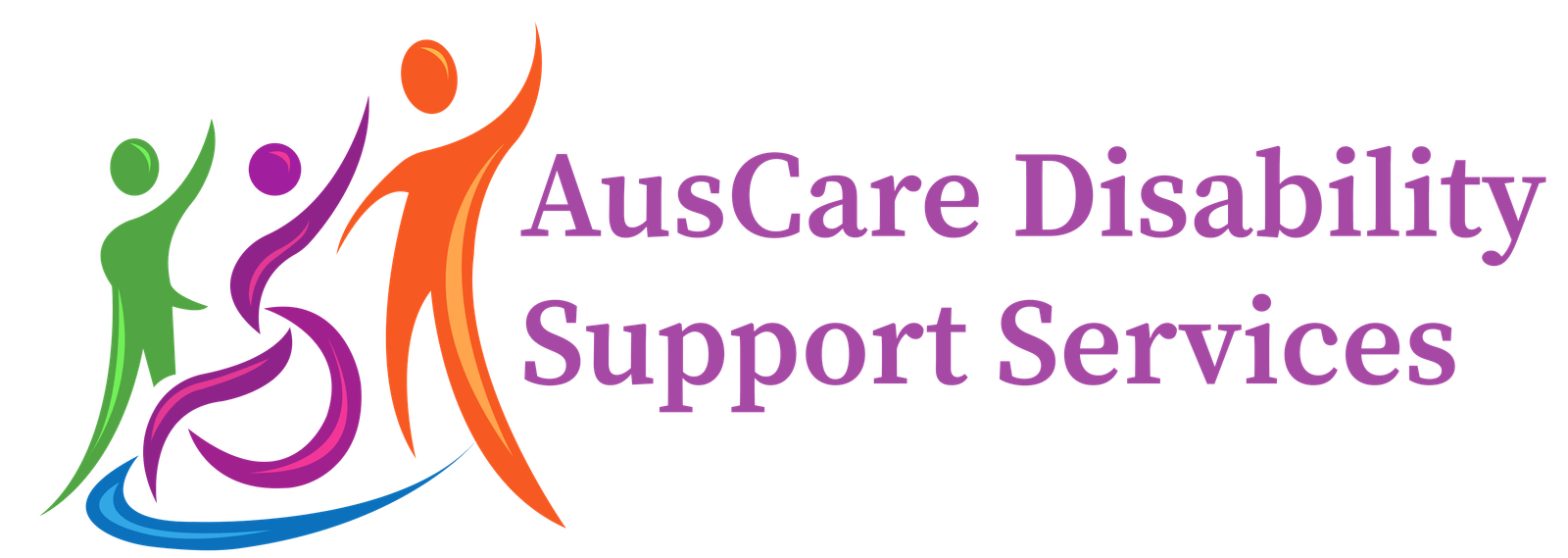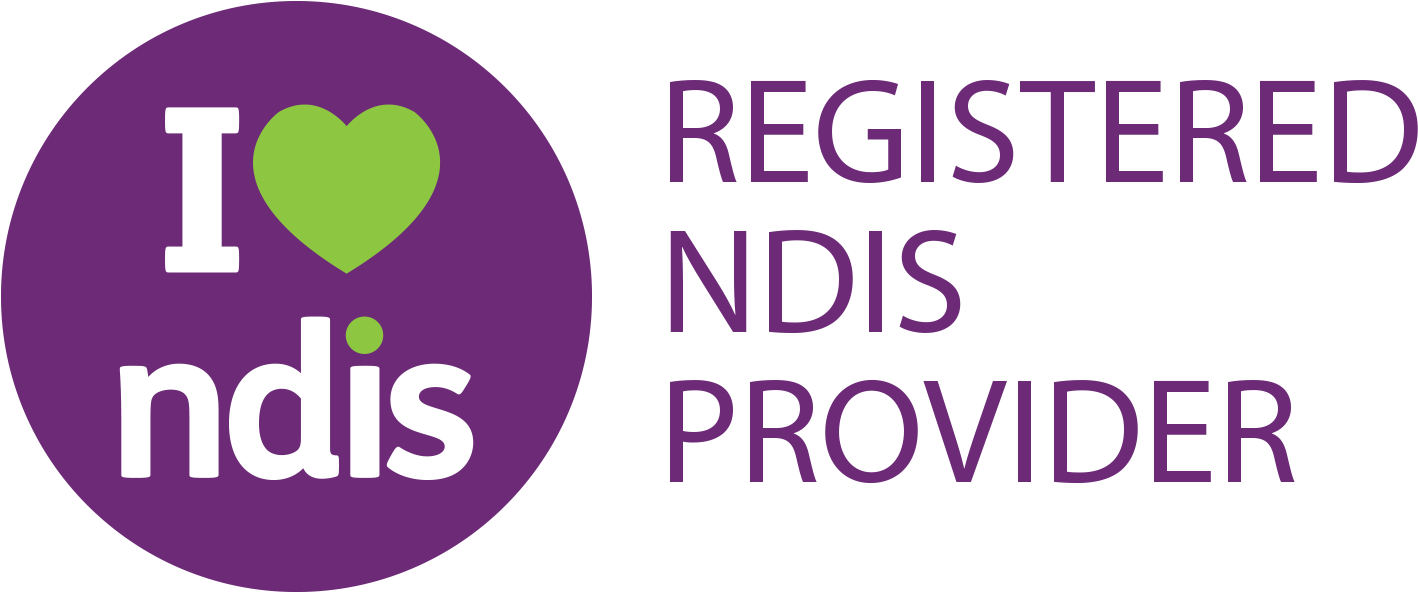AUSCARE AS NDIS HOME MODIFICATION PROVIDER
- Home
- AUSCARE AS NDIS HOME MODIFICATION PROVIDER

To make homes safer and better suited to one’s current abilities, home modifications need to be done. While it may sound like an exciting feat, without help from the government or other organisations, the entire home modification process can come as a challenge. And if not handled correctly, it can also get very expensive.
What Is a NDIS Home Modification Provider?
Implemented by the National Disability Insurance Agency, the National Disability Insurance Scheme (NDIS) is a means of providing individualised support for Australians with permanent and significant disabilities that affect their ability to do or participate in day-to-day activities. Australians who meet the requirements of this privilege can receive the support they need to access benefits and community services designed for them. One is home modifications, which are being offered by NDIA accredited home modification providers.
Not everyone is eligible to receiving home modification services. To determine whether home modifications are necessary and that any changes represent value for money, the NDIA usually checks and considers the following:
- Whether the proposed or recommended home modifications represent value for money, especially when compared to other low-cost alternatives.
- Whether the proposed home modifications are more cost-effective, especially when compared to the costs of other supports, such as assistance with the cost of moving to accessible premises.
- The expected tenure length for participants and whether this is commensurate to the cost of the home modifications.
What Home Modification Providers Do?
Why should I choose Supported Independent Living?
NDIS home modifications providers deliver cost-effective modification solutions for the beneficiaries of the NDIS. They help disabled individuals live independently and safely in their own homes by modifying the home structure to create an environment that maximises the person’s safety.
The types of modifications that NDIS home modifications providers offer vary. But in general, they range from the basic ones, such as the installation of handrails, step-wedges, grab-rails, and widened doorways, to the most complex modifications, such as the installation of ramps and the modification of kitchens and bathrooms.
The aim of these providers is to simply create a safe and secure home for Australians with disabilities. To fulfill that goal, the following services are usually being offered:




The most common activities that AUZcare offers are-
Bathroom Modifications
Bathroom modifications may be done to provide ease of amenity use, as well as to maximise safety. These modifications may include installing hand-held showers, transfer chairs, towel bars, safety rails, shower benches, push-button door openers, and automated lighting.
Access and Mobility
Providers supply and install access ramps, chair lifts, elevators, and handrails to ease movement in and around the home. Slip-resistant coating may also be applied to floors to reduce the risks of slipping that may result in injuries.
Kitchen Modifications
Kitchen modifications may include anything from adjusting the countertop heights, installing automated lighting, and installing accessible appliances.
Property Landscaping and Maintenance
Some NDIS home modification providers also take care of repairs and maintenance. They may improve and clean external home spaces as well, offering gutter cleaning and landscaping services.
Why Choose AUSCARE DISABILTY SUPPORT SERVICES?
If you are looking for quality care services for a relative or a loved one with disability, choose Better Life Care Services. We Endeavor to provide care and service that are personalised for everyone’s needs.
To provide better life care services is what we aim to do. And to achieve our aim, we work with a team of qualified and experienced professionals comprised of registered nurses, teachers, social workers, psychologists, dietitians, builders, accountants, and many more. We also offer a wide range of services to NDIS participants, including core supports, capital supports, and capacity building supports.
To know more about us and the services we offer, feel free to email us at info@auscaredisabilitysupportservices.com.au. You may also call us on 0450 856 119
HOME MODIFICATIONS
Home modifications are changes to the structure, layout, or fittings of a person’s home so they can be safe in their environment and move around comfortably in areas they frequently use.
Connect2Care are approved NDIS home modification providers and can support clients to enhance and optimise their home environment to promote independence, maximise participation, and ensure safety in their home.
We work alongside builders and other tradespeople, property owners, landlords and other key personnel to ensure home modifications are fit-for-purpose. We support a range of modifications, from minor adjustments to extensive alterations, such as NDIS approved bathroom modifications.
Our Occupational Therapists will also work with clients and their families to identify modifications that are reasonable and necessary for long-term viability.

NDIS Approved Home Modification
The NDIA uses three levels to assess the complexity of different Assistive Technology requirements.
- Due to the impact of your disability, you or your carers cannot reasonably access frequently used rooms and spaces in your primary residence.
- Your primary residence, in its current condition, has significant and adverse impacts on the sustainability of current living and care arrangements; and
- A suitably qualified Occupational Therapist has performed an assessment and recommended home modifications, considering all alternatives, including the use of equipment.
- Have safety concerns or difficulty moving around your home.
- Have trouble with personal care, like using your shower.
- Can’t use the rooms you need to use in your home.
- Have difficulty pursuing your goals in your home because of your disability.
- Need changes to your home so your carers can support you safely.
Our therapists will ensure we work within the guidelines of any laws and regulations that need to be adhered to when undertaking home modifications.
Categories of NDIS Home Modifications
The NDIS has divided home modifications funding requirements into three categories.
Simple Home Adaptations
These modifications are low in cost and easily accessible to NDIS participants. They include modifications such as grab rails or mounted shower chairs.
Minor modifications are non-structural but require experienced professional support to identify and deliver the right solution. The scope of work and associated costs are relatively low, such as non-structural door widening.
Complex Home Modifications (CHM)
These modifications involve structural changes that are more expensive, higher risk and where a greater level of certification is necessary. Several areas of a home may have work done and the results may have more of an impact on the participant’s life.
Visit the NDIS website to find out more about home equipment and supports.
The NDIA requires sufficient evidence to decide which Home Modification recommendations are reasonable and necessary to include in a participant’s plan. Home Modifications are the assessments and recommendations by a trained professional regarding elements of a home that can be modified to enable greater access, independence, or safety.
We understand that the volume of Home Modification information provided by the NDIA can be complex and overwhelming for our clients. Our therapists have a deep understanding of NDIS Home Modification requirements and will interpret and clarify this information to help their clients better understand the nature of the NDIS assessment process.
Our assessments include advice on the scope of the Home Modification to be assessed, such as access modifications or other modifications for people with disabilities.
Auzcare is an NDIS approved Home Modification provider. Our Occupational Therapists can assist with modifications to meet your goals and likely future needs. We work with our clients to ensure their home modifications meet their needs and goals to help them with mobility and independence in their homes.
- Grab rails in the home or external to the home
- Bathroom Modifications
- Kitchen Modifications
- Ramps
- Door widenings
Our NDIS approved Therapists are skilled in helping clients with their Assistive Technology and Home Modification needs.
We can also help with COVID-19 specific Assistive Technology such as iPads, laptops, exercise or play equipment, and other items identified as technology that may assist a person to maintain therapeutic input during a disrupted time.


